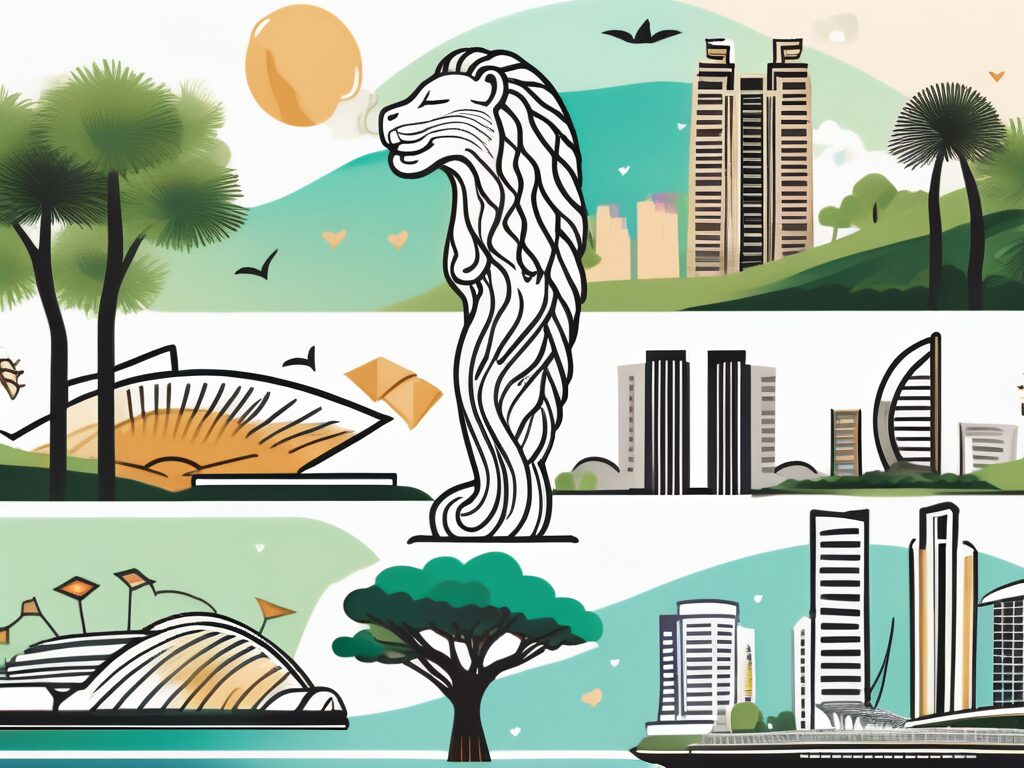In the globalised world of the 21st century, intercultural education has become a cornerstone of modern pedagogy. This is particularly true in multicultural societies like Singapore, where the diversity of cultures, languages, and religions necessitates a comprehensive understanding of intercultural education. A Master’s in Education can provide the necessary theoretical and practical knowledge to navigate this complex landscape. In this exploration, we’ll delve into five key points that highlight the importance of intercultural education in Singapore and how a Master’s in Education can enhance this.
1. Understanding the Multicultural Landscape of Singapore
Singapore, often referred to as a ‘melting pot’ of cultures, is a vibrant and diverse nation. Its population comprises various ethnic groups, including Chinese, Malay, Indian, and Eurasian, among others. This multicultural landscape has shaped the nation’s education system, making intercultural education a necessity rather than a choice.
Intercultural education in Singapore is not just about understanding different cultures within the country. It’s also about fostering respect, empathy, and understanding among students from different cultural backgrounds. A Master’s in Education can equip educators with the necessary skills to promote these values in their classrooms.
2. The Role of a Master’s in Education
A Master’s in Education is a postgraduate degree that provides in-depth knowledge and understanding of various aspects of education, including curriculum development, pedagogy, and educational psychology. It also offers specialised modules in areas like intercultural education, making it an ideal choice for those looking to enhance their understanding of this field.
With a Master’s in Education, educators can gain a deeper understanding of the complexities of intercultural education. They can learn how to create inclusive classrooms, develop culturally responsive curricula, and use teaching methods that cater to students from diverse cultural backgrounds.
3. Developing Culturally Responsive Curricula
One of the key aspects of intercultural education is the development of culturally responsive curricula. This involves creating learning materials and activities that respect and acknowledge the cultural backgrounds of all students. It’s about making sure that every student feels seen, heard, and valued in the classroom.
A Master’s in Education can provide educators with the tools and techniques to develop such curricula. For instance, they can learn how to incorporate multicultural literature in their lessons, use examples and case studies from different cultures, and design activities that promote intercultural dialogue and understanding.
4. Promoting Intercultural Dialogue and Understanding
Intercultural education is not just about teaching students about different cultures. It’s also about promoting dialogue and understanding among students from different cultural backgrounds. This can be achieved through classroom discussions, group projects, and other collaborative activities that encourage students to share their cultural experiences and perspectives.
With a Master’s in Education, educators can learn how to facilitate these discussions and activities in a way that promotes respect and empathy. They can also learn how to handle sensitive cultural issues and conflicts that may arise in the classroom.
5. Preparing Students for the Globalised World
In today’s globalised world, intercultural competence is a valuable skill. It’s not just about being able to communicate with people from different cultures, but also about being able to understand and appreciate different cultural perspectives. This is particularly important in a multicultural society like Singapore, where intercultural interactions are a part of everyday life.
A Master’s in Education can prepare educators to teach these skills to their students. Through their coursework and practical experiences, they can learn how to integrate intercultural education into their teaching practices, preparing their students for the diverse and interconnected world they will face.
In conclusion, intercultural education is a vital aspect of education in Singapore, and a Master’s in Education can provide the necessary knowledge and skills to navigate this complex field. By understanding the multicultural landscape of Singapore, developing culturally responsive curricula, promoting intercultural dialogue and understanding, and preparing students for the globalised world, educators can play a crucial role in shaping the future of intercultural education in Singapore.
Advance Your Intercultural Teaching Career with iQTS
As you consider the pivotal role of intercultural education in Singapore, seize the opportunity to enhance your professional journey with The IQTS at UWE. Our International Qualified Teacher Status (iQTS) Programme is specifically designed to elevate your teaching qualifications, ensuring you meet the rigorous standards of international schools. Embrace a future where your potential for career advancement and salary growth is significantly increased. Join a thriving community of educators, deepen your understanding of global education systems, and find the perfect balance between work and further education. Make Your Next Step towards a transformative educational career with iQTS.

